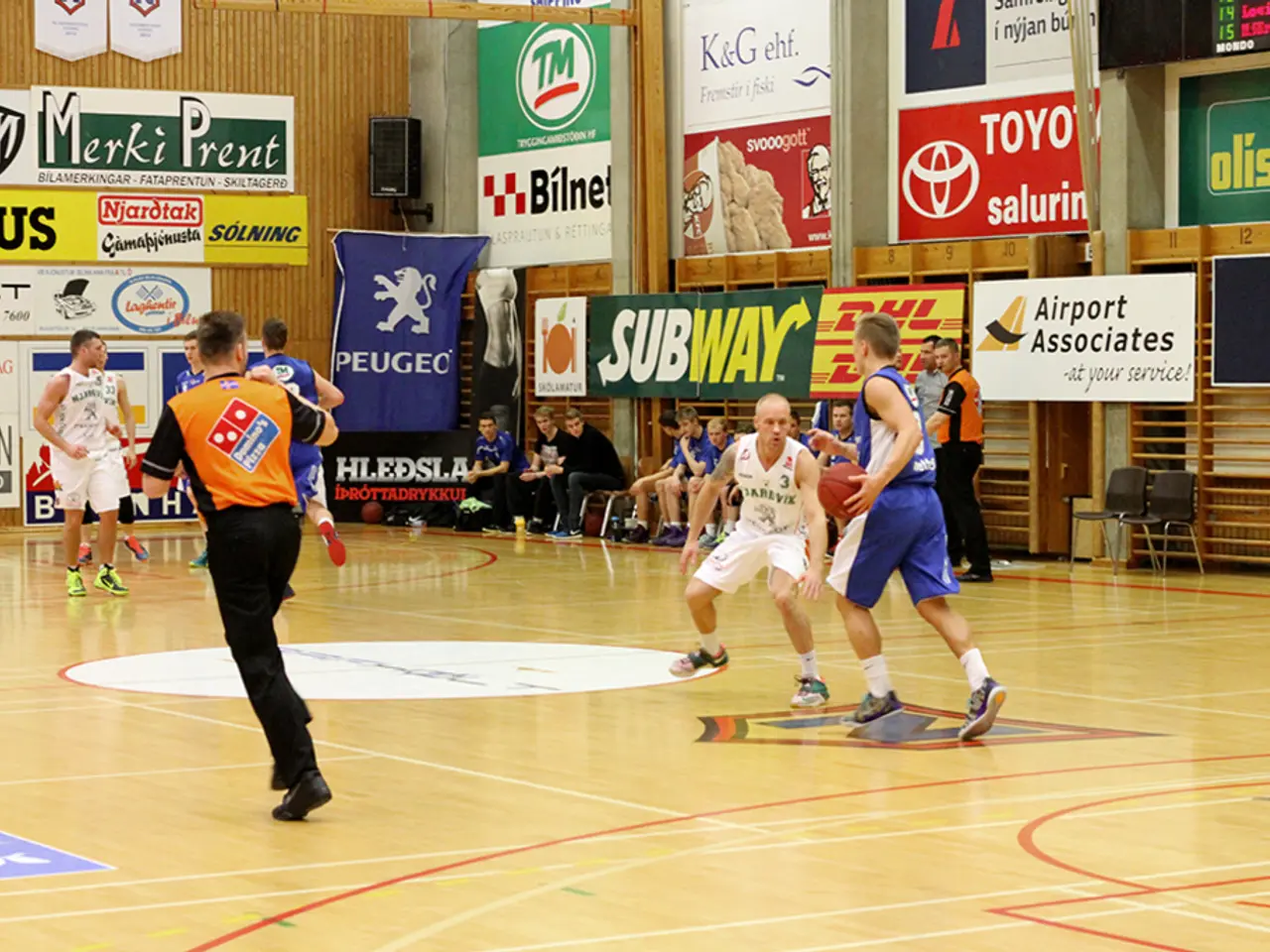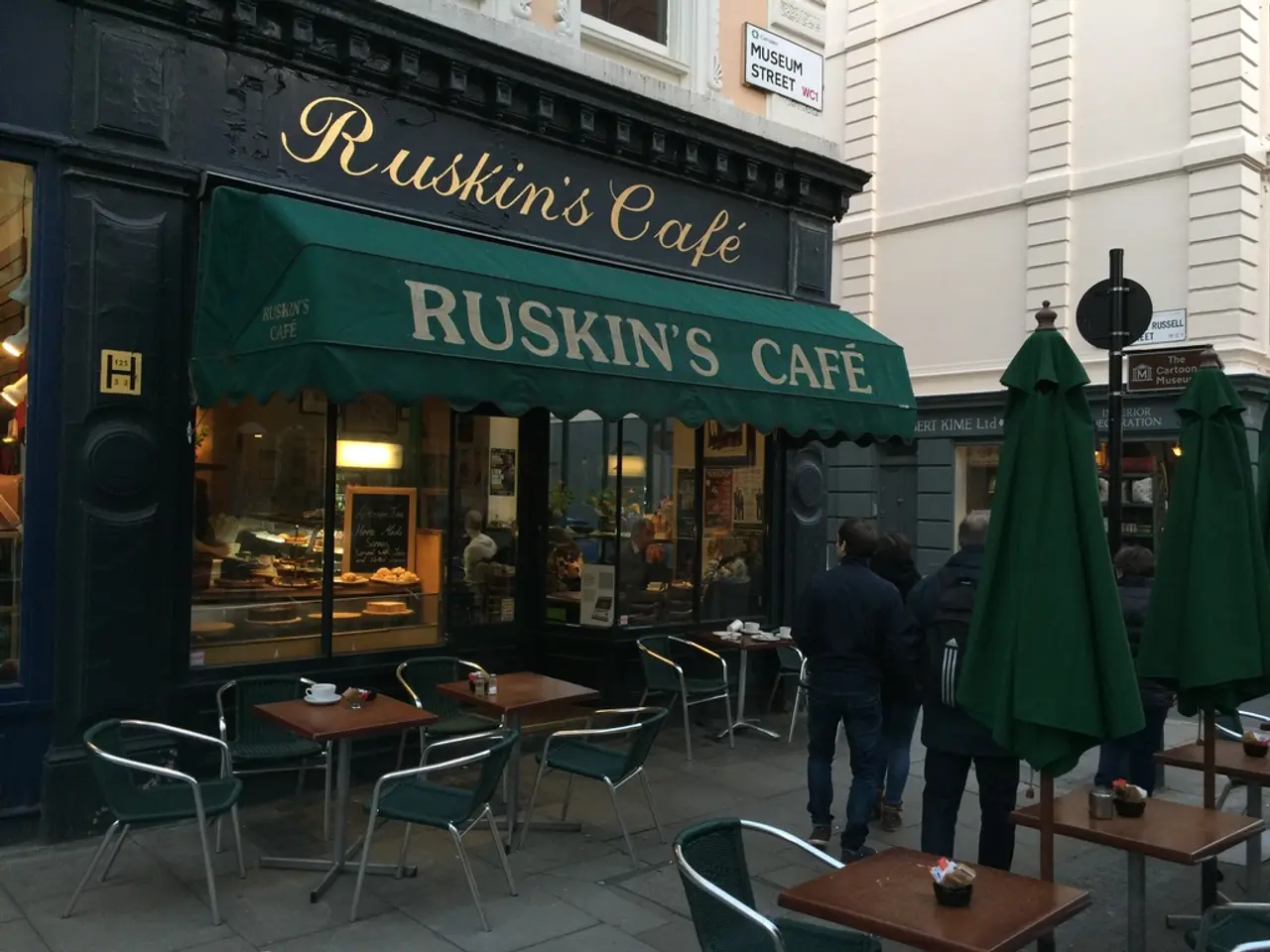Over 965 million assets under management: Thriving RAG Foundation - Swelling Resources in the RAG Foundation: Report Indicates Nearly a Billion Remaining
The RAG Foundation, based in the Ruhr area of Germany, concluded 2024 with a remarkable surplus of 965 million euros, marking a new record for the organisation. This impressive figure, reported earlier, includes the sale of an Evonik stock package worth 513 million euros. However, the foundation's focus extends beyond financial gains, as it is committed to addressing the long-term environmental and social impacts of coal mining in the region.
The so-called eternal costs associated with coal mining encompass expenses such as pumping mine water out of abandoned mines and permanent pumping of surface water in areas significantly lowered by hard coal mining. These costs, estimated at around 9.8 billion euros by the foundation, reflect the ongoing efforts to manage the consequences of mining that persist indefinitely.
In 2024, the foundation spent 288 million euros on these eternal tasks, representing a 22 million euro increase from the previous year. The main reason for the increased spending was the further rise in energy costs.
The RAG Foundation supports a variety of projects in the fields of education, science, and culture in the former mining regions. In 2024, the foundation allocated 32 million euros for these initiatives and plans to increase this amount to 35 million euros from 2025.
The foundation's largest individual participation is in the chemical company Evonik, holding 46% of the company. The Evonik share makes up around 20% of the foundation's total assets.
Jürgen Rupp, the Chief Financial Officer, stated that the foundation has been consistently earning more than it spends since 2019. Without the one-off effect of the Evonik stock sale, the 2024 annual result still exceeded the planned value of 376 million euros by 76 million euros.
Coal mining in the Ruhr area has resulted in several environmental challenges, including acid mine drainage and heavy metal pollution of surface waters, persistent changes to landscape and hydrology, and long-term ecological harm. Ongoing environmental monitoring and remediation are necessary to manage these legacy issues even after mining has ceased.
In the face of these challenges, the RAG Foundation continues to strive for a sustainable future, balancing financial success with environmental and social responsibility.
[1] Environmental Impacts of Coal Mining: A Comprehensive Review. Journal of Environmental Management, 2018. [2] Sustainable Remediation of Coal Mine Water: Challenges and Opportunities. Resources, Conservation and Recycling, 2020. [3] Monitoring and Modeling of Post-mining Landscapes: Innovative Technologies and Approaches. Journal of Applied Geography, 2021.
- Recognizing the long-term environmental consequences of coal mining, the RAG Foundation invests significantly in vocational training programs centered around environmental-science, to equip the community with the necessary skills to address and manage these challenges effectively.
- To foster a sustainable industrial landscape in the Ruhr area, the RAG Foundation also channels funds into various science-based projects, with the aim of promoting innovation and best practices in environmental management, finance, and other relevant disciplines.




